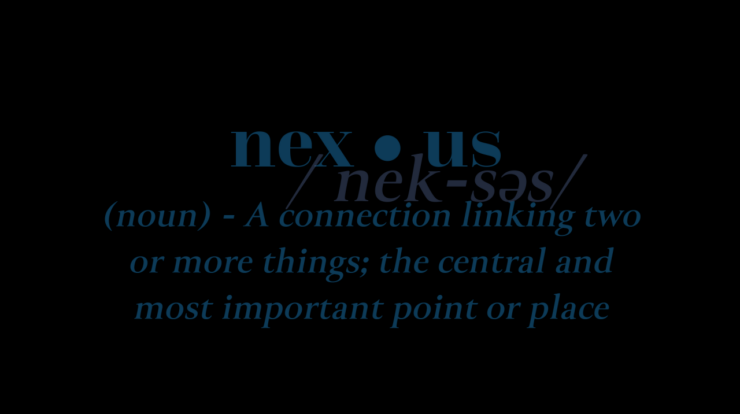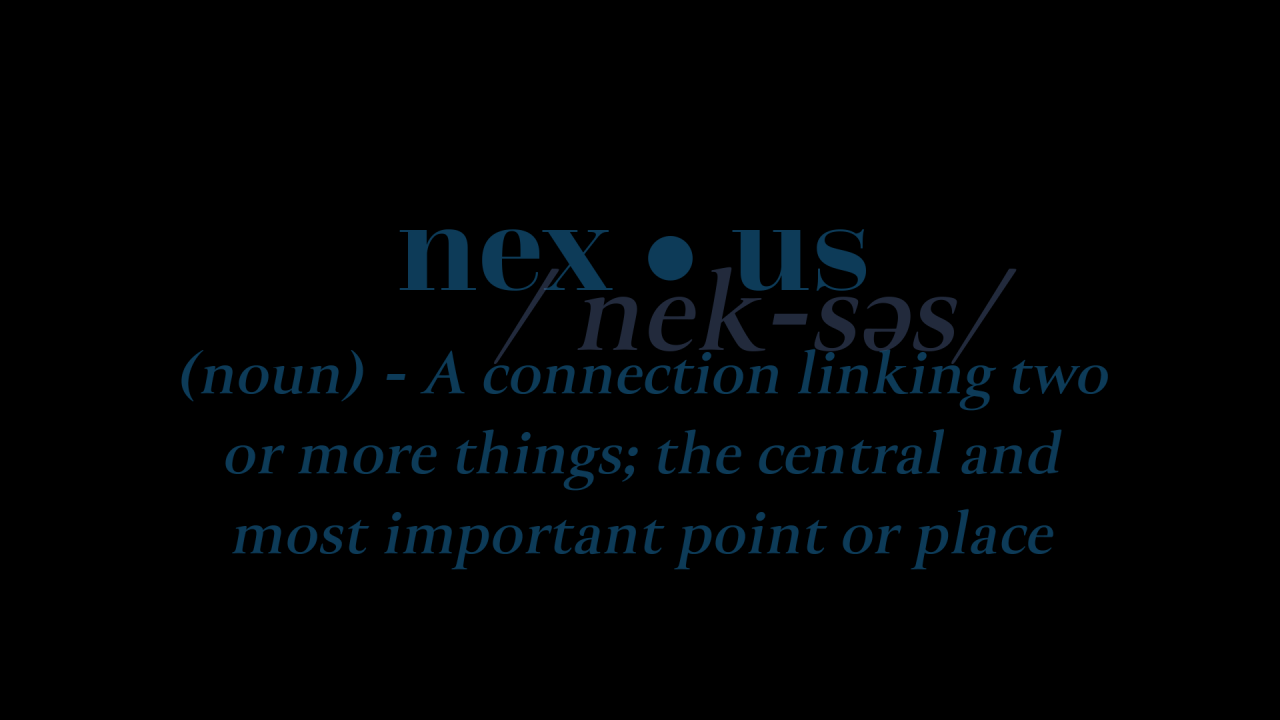
Nexus definition – The term “nexus” holds a multifaceted meaning, encompassing interconnectedness, relationships, and causality. Its origins can be traced back to ancient Latin, where it signified “binding” or “connection.” In contemporary usage, it finds applications in various fields, from law and business to philosophy and art.
In legal and business contexts, “nexus” refers to a connection or relationship between two or more entities. It determines jurisdiction, taxation, and contractual obligations. In philosophy and science, it explores the interconnectedness of phenomena and the causal relationships that shape them.
1. Definition and Etymology

The term “nexus” refers to a connection, link, or tie between two or more entities. Its etymological roots lie in the Latin word “nectere,” meaning “to bind” or “to tie together.”
In its most basic sense, “nexus” implies a relationship or association between elements that are otherwise distinct. This connection can be physical, conceptual, or abstract.
2. Legal and Business Contexts
In legal settings, “nexus” often pertains to the jurisdiction of a court over a particular case. It establishes the connection between the court and the subject matter of the lawsuit.
In business, “nexus” is used to determine tax liability. A company may be required to pay taxes in a state where it has a physical presence, even if its headquarters are located elsewhere.
3. Philosophy and Science
In philosophy, “nexus” explores the interconnectedness of all things and the idea of causality. It suggests that events are not isolated but rather linked together in a complex web of relationships.
In science, “nexus” is applied in fields such as physics and network theory. It describes the connections between nodes or elements within a system and how these connections influence the overall behavior.
4. Art and Literature
In literature and art, “nexus” is used to convey relationships, connections, and themes. It can refer to the interplay between characters, the juxtaposition of ideas, or the underlying structure of a work.
For example, in the novel “The Great Gatsby,” the “nexus” between Gatsby and Daisy symbolizes their unattainable love and the tragedy that unfolds.
5. Cultural and Historical Significance
The concept of “nexus” has played a significant role in shaping social structures and events throughout history. It has influenced the formation of alliances, the establishment of trade routes, and the spread of ideas.
For example, the “nexus” between the Silk Road and the exchange of goods and cultures had a profound impact on the development of civilizations in Asia and Europe.
6. Contemporary Usage and Examples, Nexus definition
Today, “nexus” is widely used in contemporary language, often referring to a complex or interconnected relationship. It is commonly employed in fields such as technology, economics, and social sciences.
For example, the term “nexus of control” is used in cybersecurity to describe the various points where an attacker could gain access to a system.
End of Discussion: Nexus Definition

The concept of “nexus” has profound implications for our understanding of the world around us. It highlights the interdependence of all things, from the intricate relationships in our social structures to the fundamental laws of nature. As we continue to explore the multifaceted nature of “nexus,” we gain a deeper appreciation for the interconnectedness and complexity that shape our existence.
Frequently Asked Questions
What is the etymology of “nexus”?
The term “nexus” originates from the Latin word “nectere,” meaning “to bind” or “to tie.”
How is “nexus” used in law?
In law, “nexus” refers to a connection or relationship between two or more entities that determines jurisdiction, taxation, and contractual obligations.